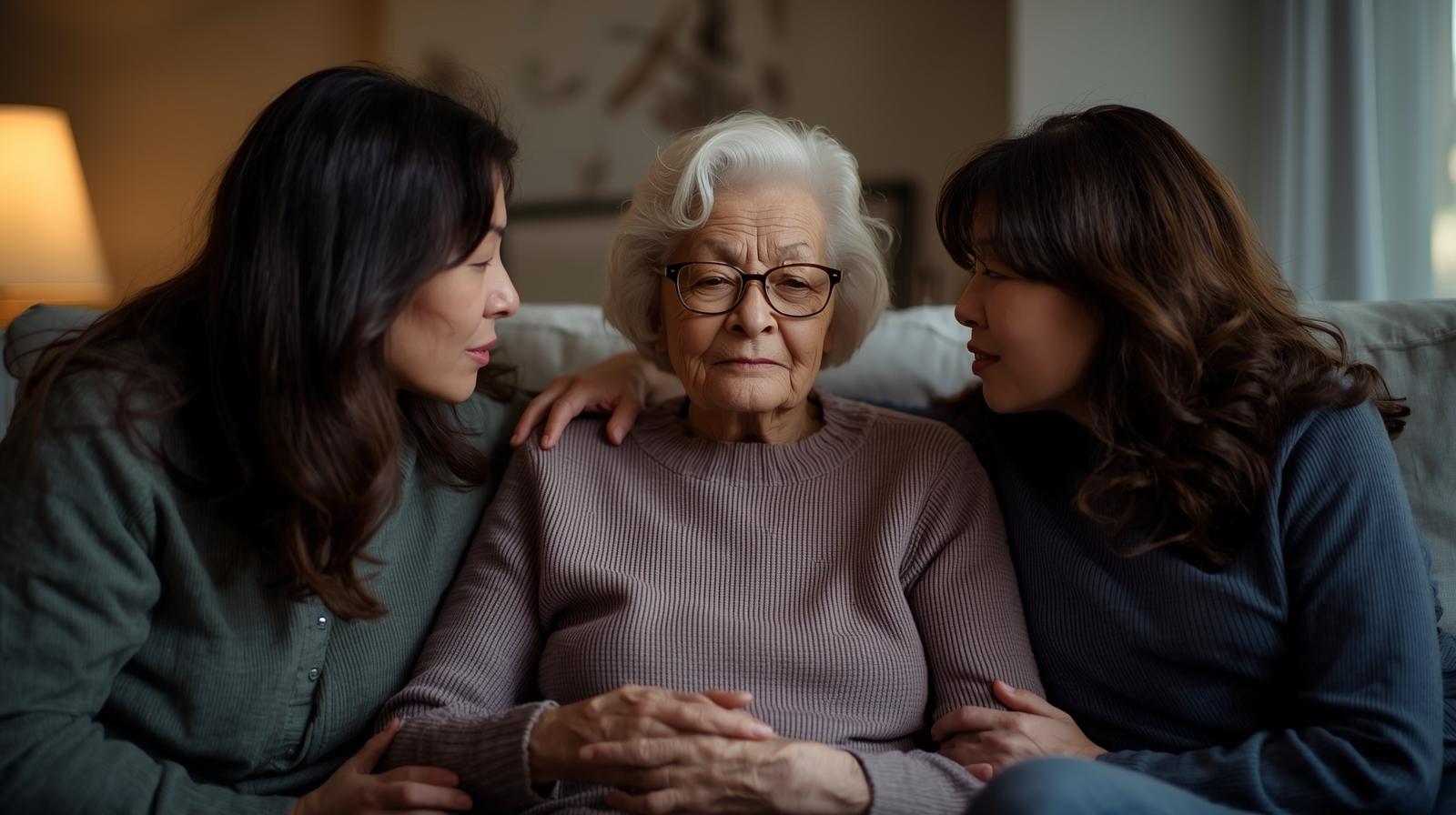How to Talk to Your Family About Your End-of-Life Wishes
It’s never easy—but it matters. Talking to your family about your end-of-life wishes is one of the most meaningful steps you can take to protect your legacy, ease loved ones’ stress, and ensure your decisions are honored. At B’resheet, we empower families to face life’s most sensitive moments with confidence and care.
Whether you’re just starting to plan or finalizing important documents, this guide will help you start the conversation with clarity and compassion.
Why End-of-Life Conversations Matter
End-of-life planning isn’t just about documents—it’s about dignity, peace of mind, and protecting your family’s future. When you clearly express your wishes, you:
- Reduce confusion and family conflict
- Ensure your values are respected
- Lighten the burden for your loved ones
- Make medical and financial decisions ahead of time
💡 Did you know? Only 1 in 3 adults in the U.S. have advance directive in place (Source: National Institute on Aging).
How to Start the Conversation
1. Pick the Right Time and Setting
Choose a quiet, comfortable space. This could be after dinner, during a family gathering, or while discussing other life plans. Avoid high-stress moments.
2. Use “I” Statements
Say things like:
- “I’ve been thinking about the future…”
- “I want to make sure everything is clear for you.”
- “This gives me peace of mind.”
3. Share Your Reasoning
Explain that you’re doing this because you care, not because something is wrong. Remind them this is part of being prepared and responsible.
What to Discuss with Your Family
H3: Health Care Wishes
- Do you want life support if there’s little chance of recovery?
- Who should make medical decisions for you if you can’t?
H3: Legal Documents
- Do you have a will or living trust?
- Have you assigned a healthcare proxy or power of attorney?
H3: Funeral and Burial Preferences
- Do you prefer burial, cremation, or another tradition?
- Are there any religious or cultural rituals you want followed?
H3: Legacy Planning
- Are there heirlooms or stories you want passed on?
Have you written down instructions for your personal belongings?

Make It a Legacy of Love
Having this conversation is an act of love. You’re protecting your family, making their future easier, and preserving your values.
Frequently Asked Questions
What is the best age to talk about end-of-life planning?
There’s no “right” age—but starting early helps. Many experts recommend starting in your 30s or when you reach a life milestone (like buying a home or having children).
What documents should I have for end-of-life planning?
At a minimum: a will, an advance directive, a power of attorney, and beneficiary forms. Investopedia’s estate planning checklist is a great place to start.
How do I deal with family members who don’t want to talk about it?
Be patient. Let them know you’re doing this to protect them. Consider sharing this blog or our free downloadable guide to help open the door.
Should I write my end-of-life wishes down?
Yes. Verbal wishes can be forgotten or misunderstood. Put everything in writing and store it in a safe but accessible place.
Who should I talk to about my plans?
Start with your closest loved ones—spouse, adult children, or a trusted friend. Then speak to an attorney or trusted advisor.
What if I change my mind later?
That’s okay. Just update your documents and communicate the changes with your family.
Can I do this if I don’t have a lot of assets?
Absolutely. End-of-life planning is about more than money—it’s about honoring your voice and values.
